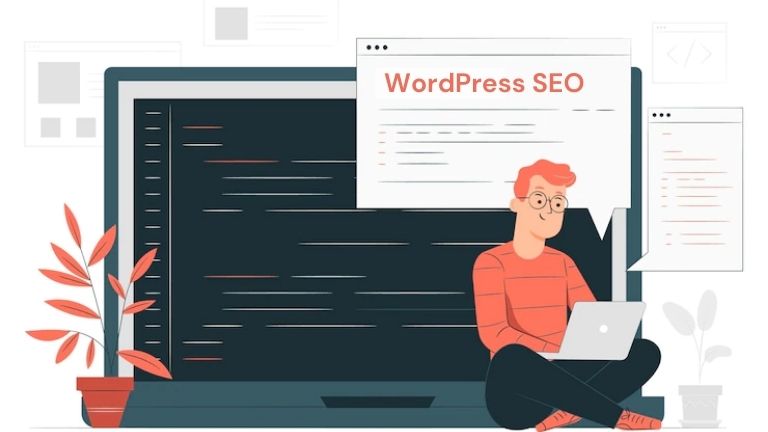
SEO is the process of optimising your website and subject matter to improve its search engine ranking. As a result, the next time someone searches for the products/services you provide, you will appear due to that inquiry.
Furthermore, strong rankings not only help you receive more visitors, but they also help you produce more prospects, which means more conversions, purchases, and profitability.
It might be a bit daunting if you’re unfamiliar with SEO! So, where do you begin? How do you learn what matters and what doesn’t? To assist you in getting the most out of your WordPress website, we’ve put up this complete WordPress SEO guide.
- Ensure Comments settings are optimised
Comments are one of the most effective forms of engagement you can have on your page. While it is uncertain whether or not comments on your web pages enhance SEO rankings, they are a powerful reminder that people are discovering and engaging with your information.
It’s safe to assume that if people discover your pages and engage with your content, your SEO initiatives are already paying off. The ability to leave comments is enabled by default, but you can disable it per posting if necessary.
It’s a good idea to establish a comment policy because you’ll be allowing comments on your web pages. You can filter information that is distasteful or offensive in some manner if someone posts it.
- Get an SSL Certificate installed
Since 2014, Google’s algorithm has incorporated SSL as a ranking factor. Websites that use this updated, better secure internet protocol get a higher ranking than those that do not. Obtaining an SSL certificate is straightforward. After you’ve acquired a certification from a third-party provider, you can use the plugin available in the marketplace to activate SSL with a click of the mouse.
Additional advantages of SSL include greater customer privacy, greater transparency, and transaction page protection, which includes account information in response to increased search ranks. This is one of the most prominent WordPress SEO tips recommended by SEO experts.
- There are several URLs for the same piece of content
When search engines come across many URLs linking to the same or somewhat similar information, they are unable to differentiate or prioritise which sites should be ranked higher. As an outcome, all pages receive a lower ranking.
Your CMS might potentially be the source of the same material. Perhaps your CMS allows you to create a www and non-www version of the very same webpage. As a result, you now have two URLs leading to the same information. You may add a so-called canonical link to the head> section of your original page to fix the problem of two URLs directed in the very same place.
This is one of the most prominent WordPress SEO strategies in 2022.
- Use page headings that are optimised
Both consumers and search engines benefit from header tags. They offer your customers a quick glimpse of the content they’ll be reading.
Google uses header tags to collect information about your webpage. This isn’t to suggest that you should strive to squeeze keywords into every available space. Don’t be bothersome, but just don’t be spamming either. To correlate to a long-tail voice search keyword, optimise your header tag. Then, using the <p> paragraph tags, answer the question directly underneath.
Conclusion
We hope this complete WordPress SEO guide helps you to understand how to implement SEO in your WordPress website. Remember that this is only an introduction to search engine optimisation, and we haven’t even begun to develop a deeper understanding. SEO experts in Bangalore spend years perfecting their talents and learning as much as they can about each of these specific aspects.
You can use their services to help you focus your SEO efforts. You can choose one or more of these SEO elements to focus on. Then, look at how they relate to your website and correct any issues you find. Keep track of your efforts and the outcomes so you can figure out just how much your missteps affected the business.
